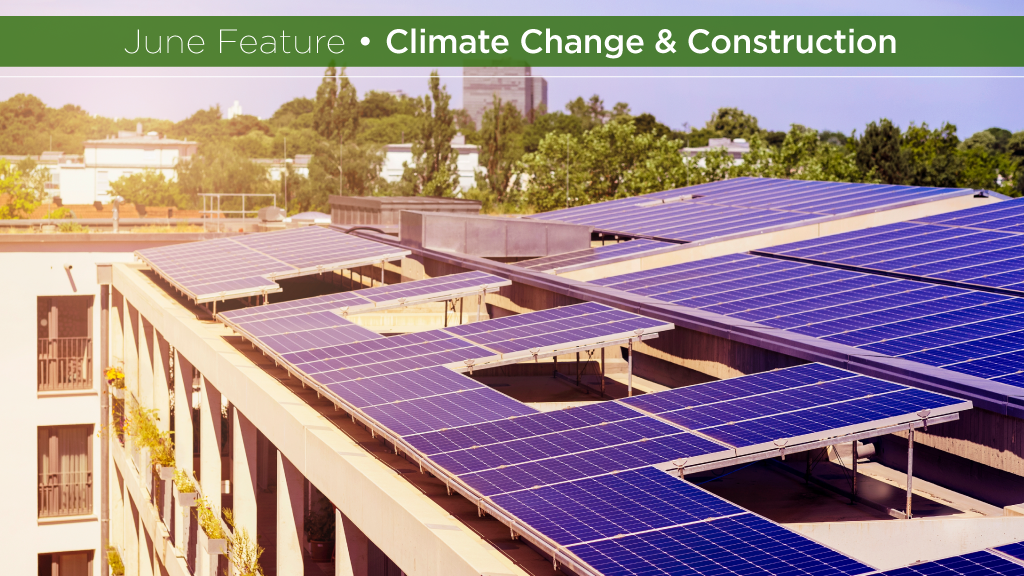Replacing fossil fuels with electricity in highrise apartment buildings will help ensure the tall structures align with greenhouse gas (GHG) emissions targets.
Brad Badelt, the City of Vancouver’s director of sustainability, says burning natural gas in buildings is the largest source of GHG emissions in the city, accounting for nearly 60 per cent of the total.
“That’s the case in most large North American cities too,” says Badelt. “Moving toward low-carbon heating helps reduce environmental impacts and supports British Columbia’s transition to zero-emissions buildings.”
Electrification, especially in the form of electric heat pumps, offers many benefits.
“Electric heat pumps are much more efficient than gas furnaces,” says Badelt. “They require only a fraction of the energy to achieve the same heating output. They also provide cooling, which improves comfort and resilience to extreme temperatures.”
According to BC’s Building Electrification Road Map (BERM) most replacement domestic hot water and space heating systems in B.C.’s homes and buildings will be high-efficiency electric by 2030.
Ian Cullis, vice-president of sustainability of LandlordBC, an industry association for owners of rental housing, says it supports a transition to low-carbon buildings.
“At the same time, GHG emissions should be reduced in such a way that they minimize the impact on the affordability of rental housing,” says Cullis.
LandlordBC says the transition from using fossil fuels in space heating and domestic hot water presents challenges and added costs to the owners of rental buildings.
The organization is therefore partnering with local groups to find ways to coach the rental housing sector through the process of finding the best mix of technologies with which to replace the current fossil fuel infrastructure.
LandlordBC has some suggestions for handling the challenges of the energy transition.
For instance, initiatives for reducing GHG emissions should take into account a building’s age and characteristics, the climate at the building’s location and the number of units the building contains.
In addition, carbon emissions should be reduced as fast as the present-day technology allows, but without undue increased expense to renters or landlords.
Furthermore, government subsidies should be made available to enable the transition from fossil fuel to electricity simple and affordable.
In B.C., the provincial government must ensure there is a well-defined and transparent process that is fair to both landlords and tenants, including cost-recovery and a mechanism to adjust existing tenancies.
LandlordBC says it is working with the rental apartment industry to educate owners and managers about the energy transition process, to enable them to make informed decisions about building retrofits.
Badelt says the City of Vancouver supports the electrification of highrise buildings.
The city has been working towards reducing and eliminating fossil fuel use for space and water heating in new buildings since the Zero Emissions Building Plan was approved in 2016.
And, since 2025, the Vancouver Building By-law has been made to align with the B.C. Zero Carbon Step Code.
“The step code ensures new buildings use very low-carbon energy sources, such as electricity from BC Hydro or district energy systems, such as the Neighbourhood Energy Utility,” says Badelt.
Electrification doesn’t have to cost more than fossil fuels.
“CleanBC and BC Hydro offer rebates for efficient electric buildings,” he says.
For existing buildings, the city helps fund two multi-family heat pump retrofit pilot programs.
The Rental Apartment Retrofit Accelerator, which is administered by LandlordBC. is for market rental apartments.
The Non-profit Resilient Grant Program (NRRG), which is administered by the BC Non-Profit Housing Association (BCNPHA), is for non-market and non-profit housing and co-ops.
Gas stoves are still allowed in new construction, although they are less common in highrise buildings.
“The focus of the city’s policies is on reducing emissions from space and water heating, rather than banning gas appliances,” says Badelt.
Mariko Michasiw, who is the program manger of the Zero Emissions Innovation Centre’s B2E (Building to Electrification Coalition), says economics favour the electrification of rental apartment buildings.
“It costs more up front, but the operating costs over the life of a building are lower,” says Michasiw.




Recent Comments